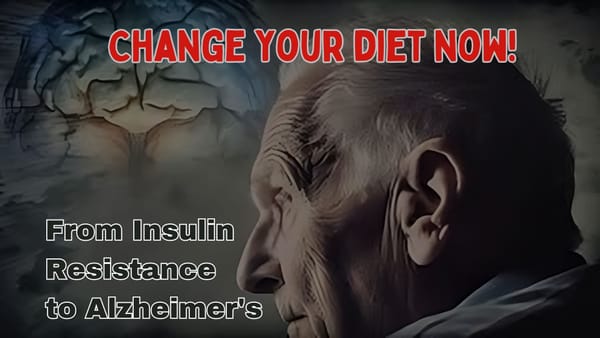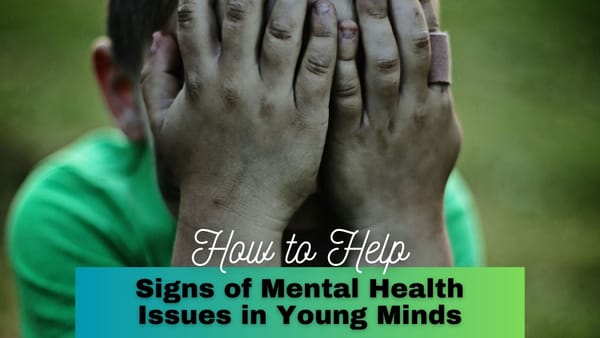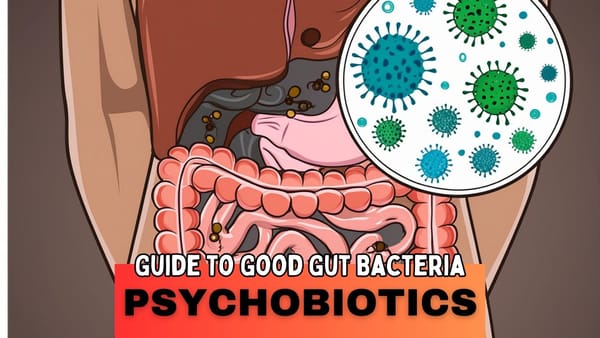
Nutrition
Why Organic? A Step Towards a Healthier Future
Organic strawberries have small bugs chewing on the plants that increase the bioactive acids The science shows these strawberries have 3x the nutritional value.

Nutrition
Organic strawberries have small bugs chewing on the plants that increase the bioactive acids The science shows these strawberries have 3x the nutritional value.

Mental Health
From rewiring our brains, weakening our hearts, disrupting our sleep and pushing us towards burnout, the impact of chronic stress can be devastating.

Nutrition
Chronic inflammation is implicated in numerous diseases. Turmeric's active compound, curcumin's, anti-inflammatory properties rival some anti-inflammatory drugs, without side-effects.

Mental Health
Developed to treat epilepsy in children, the Keto diet is now successfully alleviating symptoms of a growing number of mental health disorders, including type 2 diabetes, heart disease, seizure disorders and obesity. Emerging research believes it may be a possible solution to Alzheimers disease

Nutrition
About half of all Americans have Insulin Resistance, meaning we are very sensitive to carbs and should limit sugars and starches, not just 'bad" carbs.

Mental Health
Omega-3 component DHA is responsible for the development, growth and maintenance of the human brain. Plants do not contain any of the essential fatty acid.

Mental Health
There is evidence that unsupplemented vegan diets are incompatible with optimal cellular function with risks of malnutrition & brain impairment.

Mental Health
The link between insulin resistance and Alzheimer's is so strong that Alzheimer's is sometimes referred to as "type 3 diabetes." Around 80% of Alzheimer's patients have insulin resistance or type 2 diabetes

Newsletters
Update About Future Articles It is with so much excitement that I compile this Newsletter for you and everyone who reads my articles on Bforeverwell, currently and in the future. I want to share so much vital and compelling information with you that could prevent unnecessary suffering for entire families

General Wellbeing
Children and teenagers are particularly vulnerable to various mental health challenges, and early intervention can make a significant difference

Mental Health
The intriguing relationship known as the gut-brain axis has the potential to enhance our mood, alleviate anxiety and depression, and ultimately pave the way towards a happier, more balanced life.

Mental Health
Adaptogens, a unique class of plants and mushrooms, offer a natural solution to help us adapt and cope with the relentless strain of daily stress.